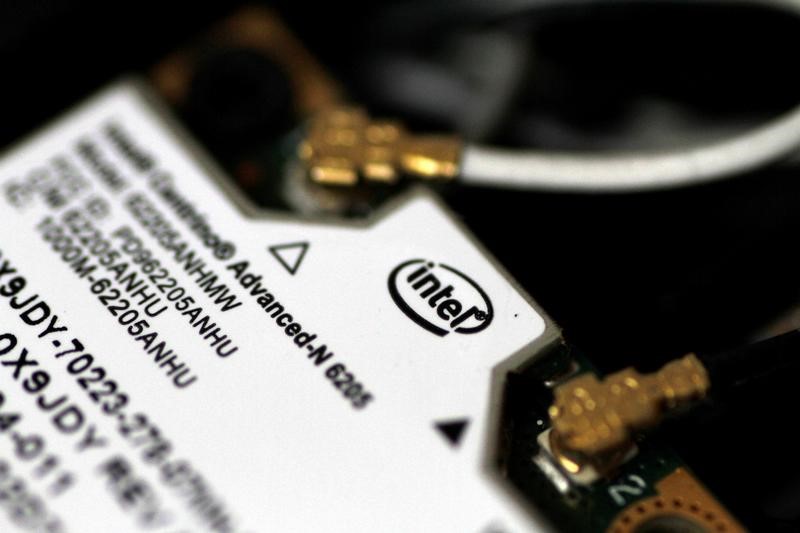Intel Corporation's stock (NASDAQ:INTC) experienced a significant 4.3% fall in trading value on Tuesday, despite several positive product announcements made at the company's Innovation Conference. This decline occurred even as Intel has been performing well recently, with its CEO indicating last month that the third quarter would surpass the midpoint of guidance.
At the conference, Intel highlighted its product momentum, including the announcement of a new Xeon data center processor set to launch on December 14th this year. The tech giant also unveiled an innovative advanced packaging technology named Universal Chiplet Interconnect Express (UCIe), which is expected to gain prominence as chipmakers shift towards chiplet architectures for AI accelerators and other leading-edge processors.
In addition to these advancements, Intel reaffirmed its commitment to AI by announcing plans to construct a full AI supercomputer using its Gaudi AI accelerators and Xeon processors. The start-up Stability.ai was identified as a customer for this project, which will also feature innovations in open-source software development tools for AI.
However, investor enthusiasm may have been dampened by remarks made by Intel's CFO David Zinsner during the conference. Zinsner acknowledged that while the company is on track for the next quarter, it still expects a year-over-year decrease in data center revenue. He also mentioned that Intel aims to reach cash flow breakeven by the end of next year, news that may have disappointed some investors.
Despite hopes for a faster recovery in Intel's core PC market and data center growth based on positive remarks at recent industry conferences, these expectations were based on a relatively low bar. This suggests that investors might have to wait longer to see substantial profit growth.
While Intel has underperformed compared to its sector over the past few years, its turnaround strategy appears to be on track. However, the company's gross margins are unlikely to return to their historical 60% or above until it regains process leadership, which is not anticipated until 2025. This implies that Intel will likely face more start-up costs and spending through 2024, potentially impacting profits even if end markets recover from current lows.
Despite Tuesday's disappointing performance, Intel's stock value could increase in the long term if the company successfully executes its strategy, especially considering it is currently cheaper than its main rivals on a market cap basis.
This article was generated with the support of AI and reviewed by an editor. For more information see our T&C.
